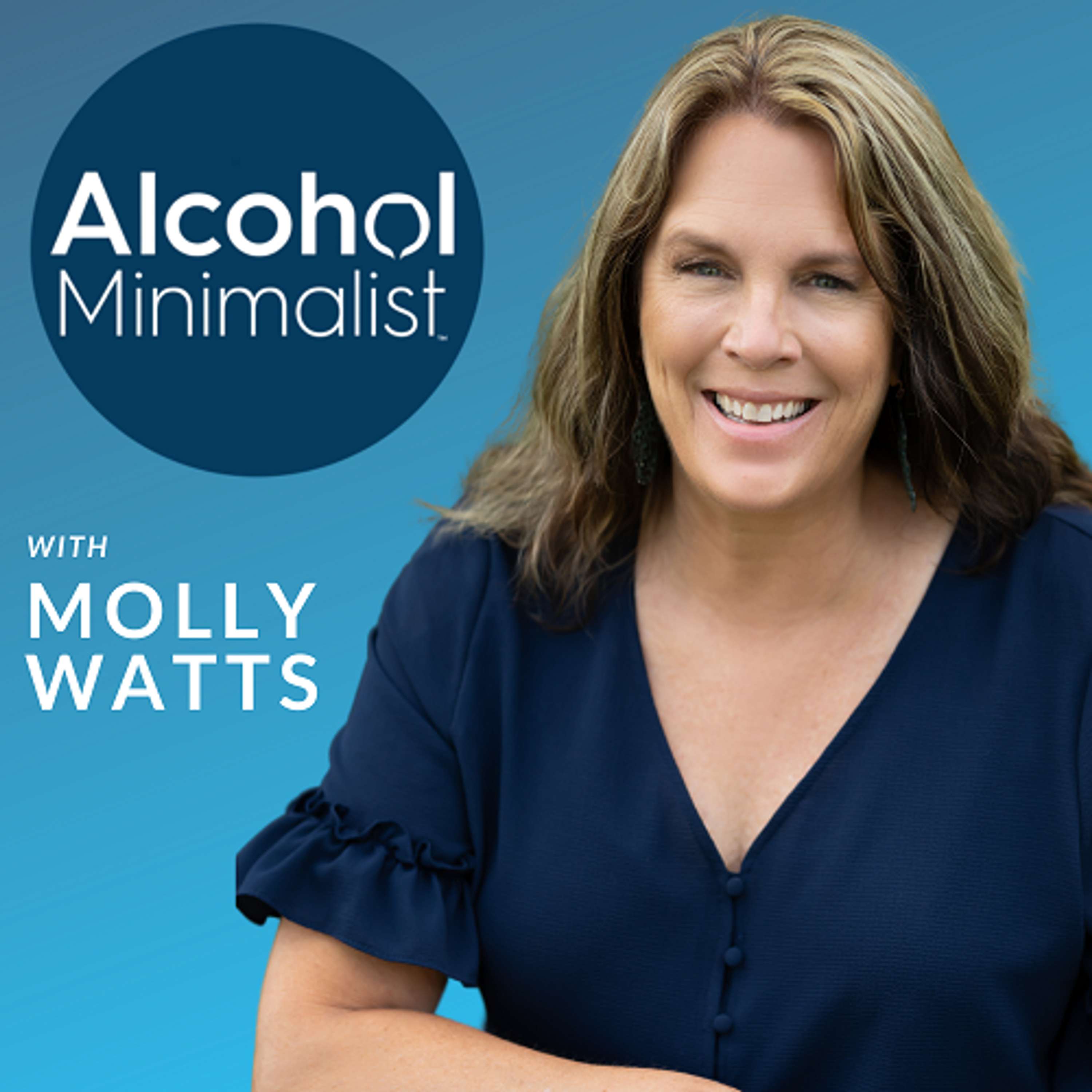
Wine Witch on Fire with Natalie MacLean

Alcohol Minimalist: Change Your Drinking Habits!
Shownotes Transcript
This week on the show I'm joined by wine writer, sommelier and award-winning author, Natalie MacLean. We're talking all about Natalie's newest book Wine Witch on Fire: Rising from the Ashes of Divorce, Defamation and Drinking Too Much.
Whether you're someone who loves wine but wants to cut back, or you've gone through struggles of your own and used alcohol to cope--this conversation will be inspiring and informative. You can learn more about Natalie or pick up the book here: www.WineWitchonFire.com)You can get a free companion guide to the book here: www.WineWitchonFire.com/Guide)
Recommendations from Natalie on low or no alcohol wines: Feel Free Sparkling Rosé), from Cox Creek Cellars, offers aromas of juicy field strawberries to pair with oven-roasted turkey. 0.5% alcohol | 90 points | $21.95
Cupcake Lighthearted Rosé), California, is bursting with ripe raspberries to match your sweet potatoes. 8% alcohol | 88 points | $12.45
Nozeco Alcohol-Free Sparkling), France, with white peach and floral notes, is perfect for creamed corn. 0.01% alcohol | 88 points | $10.95
Reif Riesling), Niagara, has mouth-watering flavours of lemon and lime to brighten brussels sprouts with bacon. 12% alcohol | 89 points | $14.95
Villa Wolf Pinot Noir), Germany, features seductive hints of fleshy ripe cherries that will dance with cranberry sauce. 12% alcohol | 88 points | $17.95For more wine picks and info about Natalie MacLean's book, visit www.nataliemaclean.com).
Join my private FB group Alcohol Minimalists here: https://www.facebook.com/groups/changeyouralcoholhabit)****
Low risk drinking guidelines from the NIAAA:
Healthy men under 65:
No more than 4 drinks in one day and no more than 14 drinks per week.
**Healthy women (all ages) and healthy men 65 and older:**No more than 3 drinks in one day and no more than 7 drinks per week.
One drink is defined as 12 ounces of beer, 5 ounces of wine, or 1.5 ounces of 80-proof liquor. So remember that a mixed drink or full glass of wine are probably more than one drink.
Abstinence from alcoholAbstinence from alcohol is the best choice for people who take medication(s) that interact with alcohol, have health conditions that could be exacerbated by alcohol (e.g. liver disease), are pregnant or may become pregnant or have had a problem with alcohol or another substance in the past.
Benefits of “low-risk” drinkingFollowing these guidelines reduces the risk of health problems such as cancer, liver disease, reduced immunity, ulcers, sleep problems, complications of existing conditions, and more. It also reduces the risk of depression, social problems, and difficulties at school or work.
If you' are unsure about whether or not you have alcohol use disorder, please visit the NIAAA) for more information.
** ★ Support this podcast ★) **